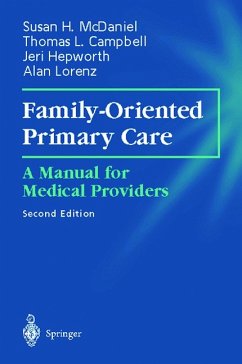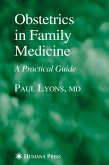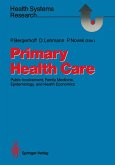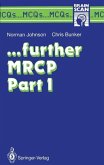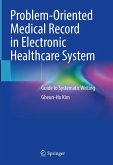Dieser Download kann aus rechtlichen Gründen nur mit Rechnungsadresse in A, B, BG, CY, CZ, D, DK, EW, E, FIN, F, GR, HR, H, IRL, I, LT, L, LR, M, NL, PL, P, R, S, SLO, SK ausgeliefert werden.
-Jack H. Medalie, M.D., M.P.H. F.A.A.F.P, Case Western Reserve University School of Medicine
Advance praise for Family-Oriented Primary Care: A Manual for Medical Providers:
"A superb job. I'm eager to recommend it to all medical students and family practice residents."
- Eugene S.Farley, Jr., University of Wisconsin Medical School
From the reviews of the second edition:
"A comprehensive approach to the education and training of primary care physicians and other primary care providers ... . The book is organized so that each chapter has a discreet goal. ... the authors are to be highly commended for writing and then updating a thoughtful and comprehensive book. This volume is replete with references that provide additional resources and ideas ... . an excellent addition to any family medicine training program ... an important resource for primary care physicians and psychologists ... ." (Ronald B. Margolis, PsycCRITIQUES online, April, 2005)

